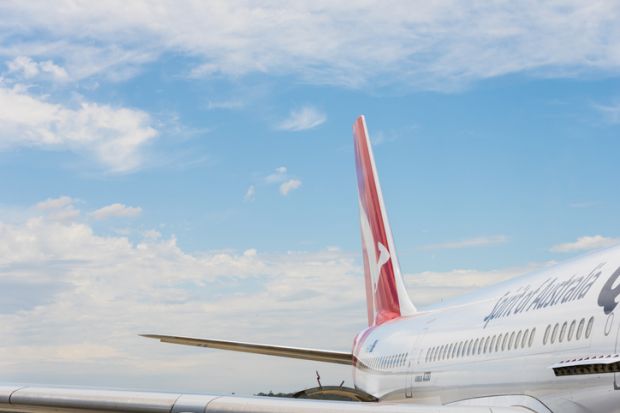International students now believe that Australia has done more than other major education destinations to help them during the Covid-19 crisis, a survey suggests.
Respondents to a questionnaire of more than 600 prospective students from India and Nepal ranked Australia ahead of New Zealand and Canada in terms of the steps taken by countries to assist foreign students.
The UK placed fourth, with the US a distant fifth, according to the study by the Association of Australian Education Representatives in India (AAERI).
The results signal that Australia may be repairing the reputational damage caused by its delay in adapting visa arrangements to cater for students affected by the crisis, and by Canberra’s apparently cavalier attitude towards them.
Most universities and state and territory governments developed relief measures to help overseas students who found themselves in dire straits during the crisis. But the federal government offered no tailored assistance programmes and excluded foreign students from its income support and job subsidy schemes.
Prime minister Scott Morrison caused more outrage by suggesting that international students who could not support themselves during the crisis should simply go home.
However, newly released figures suggest that Australia’s efforts to help international students have been underrated. The high commissioner to India, former New South Wales premier Barry O’Farrell, said that A$1.3 billion (£720 million) had been “pledged” by governments, education providers and the broader community.
“This includes welfare services, financial assistance, food supply, mental health services and emergency relief initiatives,” he told a virtual AAERI convention.
The federal education department put a higher figure on the assistance, saying that international students had gained access to support initiatives worth more than A$1.5 billion. This sum included A$200 million from the federal government and about A$170 million from universities, with the rest delivered through state and territory programmes “for which international students are eligible”.
Times Higher Education understands the federal government figure includes the cost of waiving regulatory fees, which supposedly reduced universities’ and colleges’ expenses and left them with more to spend on student relief initiatives.
A report commissioned by the education department has also found that Australian universities and colleges are rolling out “broad, diverse and thoughtful” programmes to protect the physical safety and mental health of their foreign students.
The report, by youth mental health organisation Orygen, followed a 2019 Victorian coroner’s investigation of 27 suicides by international students over a seven-year period. The coroner found that overseas students were less likely to seek help than their domestic counterparts and urged the department to explore ways of encouraging foreign students to engage with mental health services.
Orygen found that the pandemic had made mental health services “even more important”, and recommended a “dedicated international student mental health strategy” to coordinate efforts.
Meanwhile, developments at the University of Adelaide offer another sign that the Covid-induced crash of Australia’s education has not been as severe as feared.
Interim vice-chancellor Mike Brooks told staff that better than expected international enrolments in semester two had eased anticipated losses by about A$40 million, allowing the university to defer a 3.5 per cent salary cut and shelve the planned cancellation of annual leave loadings.
Professor Brooks said that the increase in overseas enrolments had been influenced by the government’s decision to recognise online study in applications for post-study work visas.




